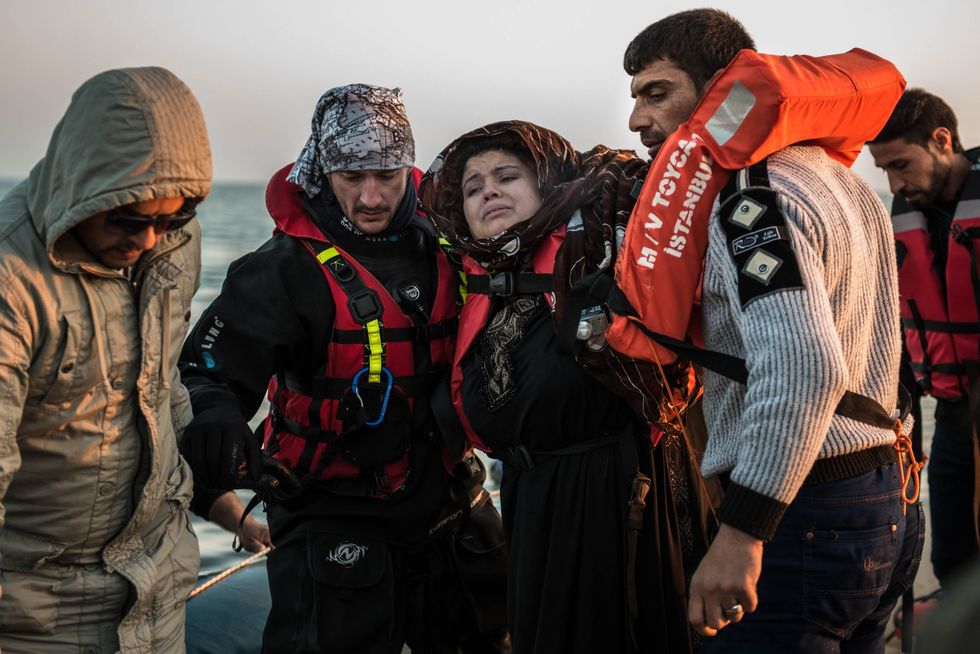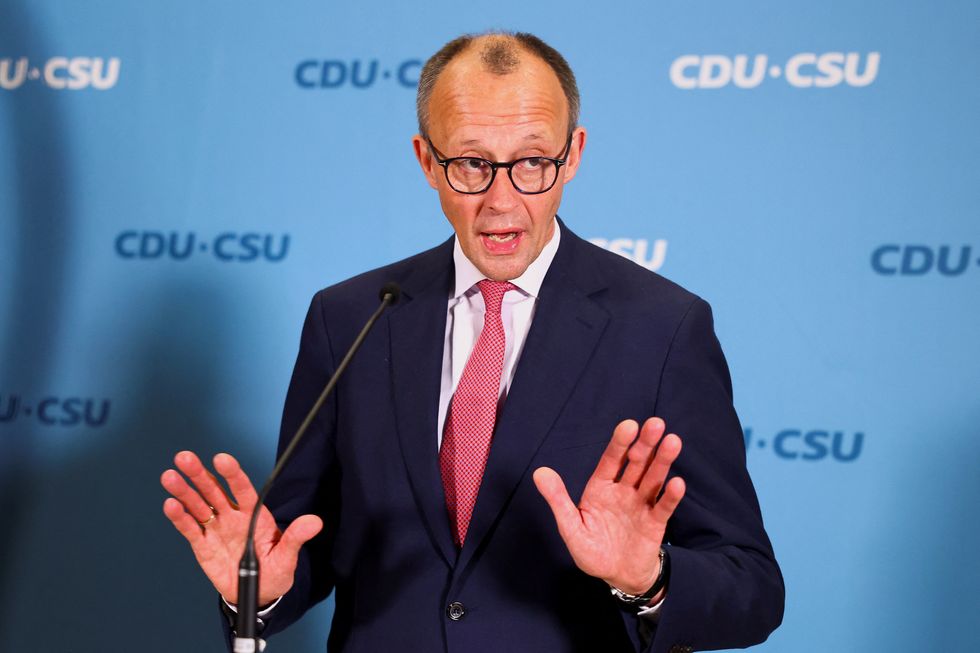The European Union is set to overhaul a mammoth immigration law as the bloc plans to give the green light to deport failed asylum seekers and criminals.
The 1951 Refugee Convention – which was drafted in the wake of the Second World War – has been widely deemed as no longer fit for purpose by the union.
Signed off by 144 countries, the convention establishes that no asylum seeker may be returned to a nation where his or her life or freedom might be seriously threatened under the principle of non-refoulement.
As European countries face an influx of requests from refugees since the 2015 crisis, member states have started to question the decades-old law.

As European countries face an influx of requests from refugees since the 2015 crisis, member states have started to question the decades-old law
GETTY
“It should be noted that these principles were developed after the end of the Second World War, and were characterised by a very different geopolitical situation to that of today,” a diplomatic paper seen by The Times reads.
The EU has expressed concerns that national power that permit “limitations on the application” on an individual’s right to asylum are only allowed “extraordinary situations” that do not consider the “new reality”.
“A broader reference to the challenges we face needs to be considered,” the document adds.
“The lack of alternatives to accepting applications for international protection and the respect of the principle of non-refoulement certainly require in-depth discussion.”
LATEST DEVELOPMENTS:
The document was originally drafted by Poland and further deliberated on by EU interior ministers last week.
It also comes ahead of new proposals that seek to speed up the deportation of those unsuccessful in acquiring asylum, as well as refugees and criminal migrants.
The states have said that they hope the laws “could also stimulate discussion of the issue internationally”, which might lead to legal changes within the convention, supported by the US and Britain.
“Recently there has been an adverse development. Member state societies’ ability to host large numbers of migrants is increasingly being put to the test, especially in situations where some migrants do not seek to integrate into the host society but instead to form separate communities in which norms and rules that deviate from European values may be cultivated,” the paper highlighted.

Conservative leader Friedrich Merz tabled a proposal for new laws to reject asylum seekers in Germany
REUTERS
In 2015, more than one million illegal migrants crossed the European border following the Syrian refugee crisis to seek refuge in safe nations, including Germany as well as other countries across northern and western Europe.
The issue of immigration has dominated European elections – with Germany’s national elections just three weeks away.
With the support of the far right party Alternative for Germany (AfD), conservative leader Friedrich Merz tabled a proposal for new laws to reject asylum seekers.
He is expected to plough on with the measures if he beats incumbent chancellor Olaf Scholz on February 23 as expected.